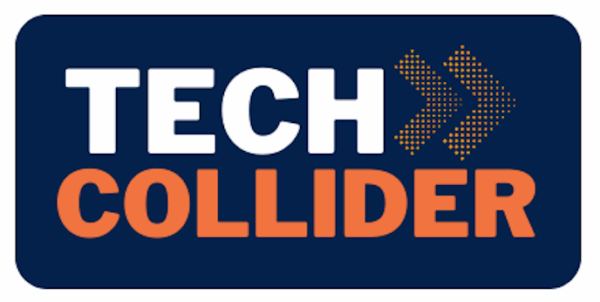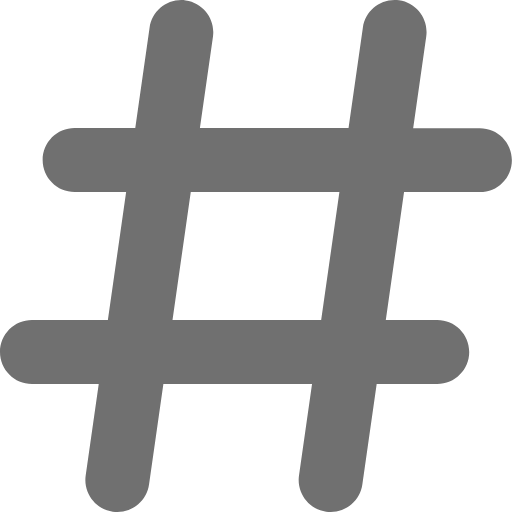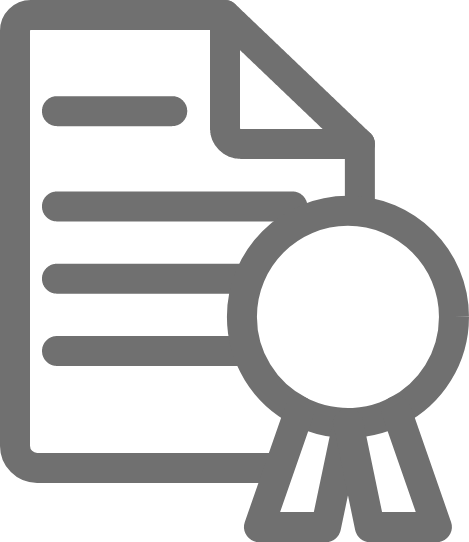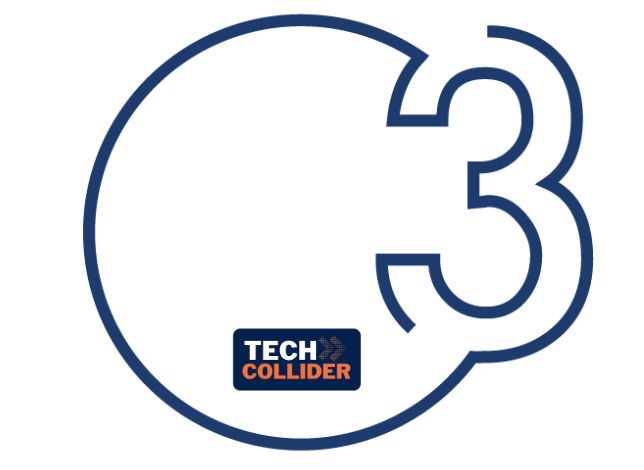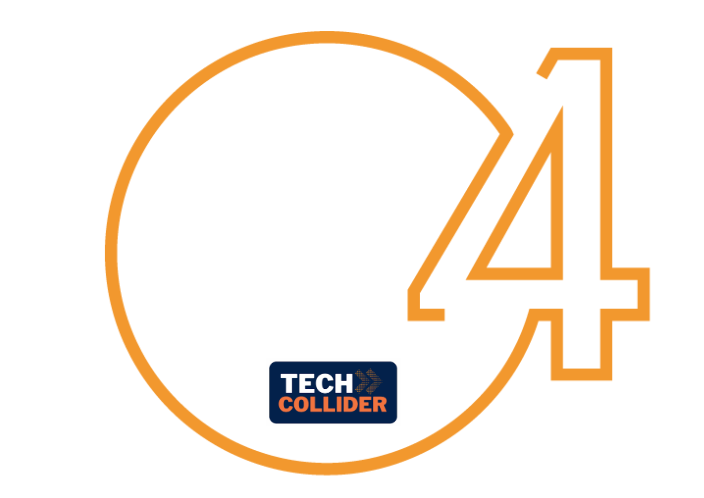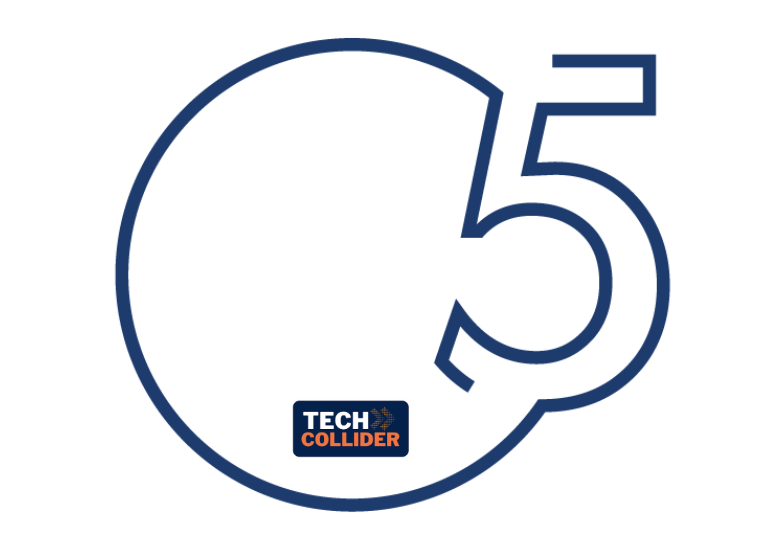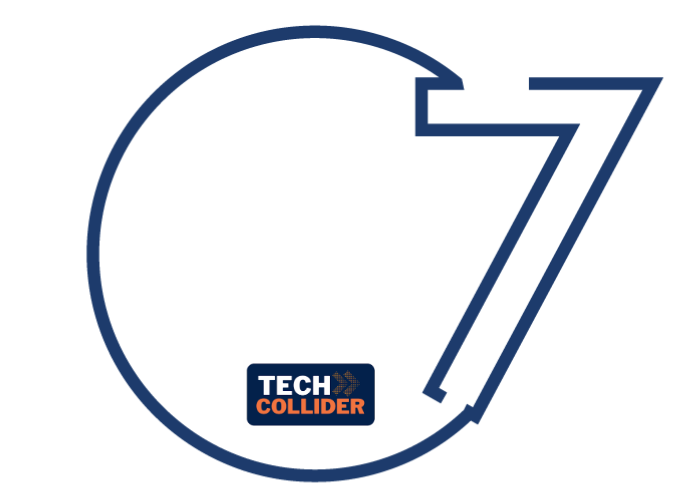SMARTWIND technology is an auxiliary controller that enables wind power generation to inertial frequency support in an effective and optimized way. This support is provided exploiting the kinetic energy of the wind turbine rotor. The innovative elements of the technology are (i) the efficient usage of the wind turbine kinetic energy in order to avoid undesired disconnection of the generator due to speed cut-off, (ii) the control of the rotor speed recovery phase once the frequency support action is finished and (iii) the definition of a management logic of the operational phases of the service. More in details, SMARTWIND technology allows to adapt the action of the support managing it according to the turbine rotor speed reduction and nullifying it before the lower limit value of the rotor speed. This allows maximizing the support action and avoiding a undesired disconnection of the generator that would cause a negative impact on the system frequency. The technology also distinguish if the system frequency is still in a critical phase when the support ends, if this is the case, the speed recovery shall be slower to minimize the impact on the grid. Finally, an advance logic capable to detect the need of frequency support and manage the switch between the frequency support phase and the rotor speed recovery one is provided, a very important aspect for a real implementation of the service.

